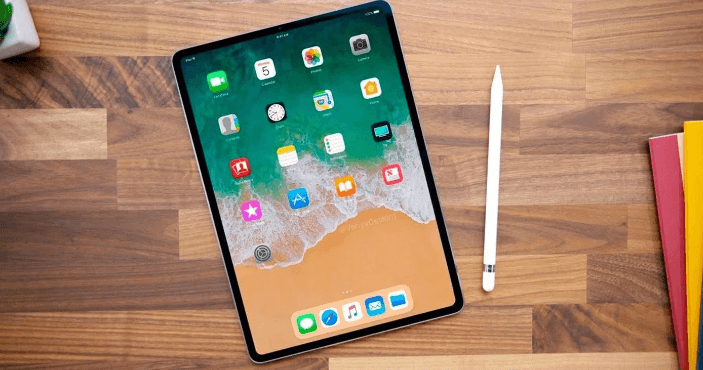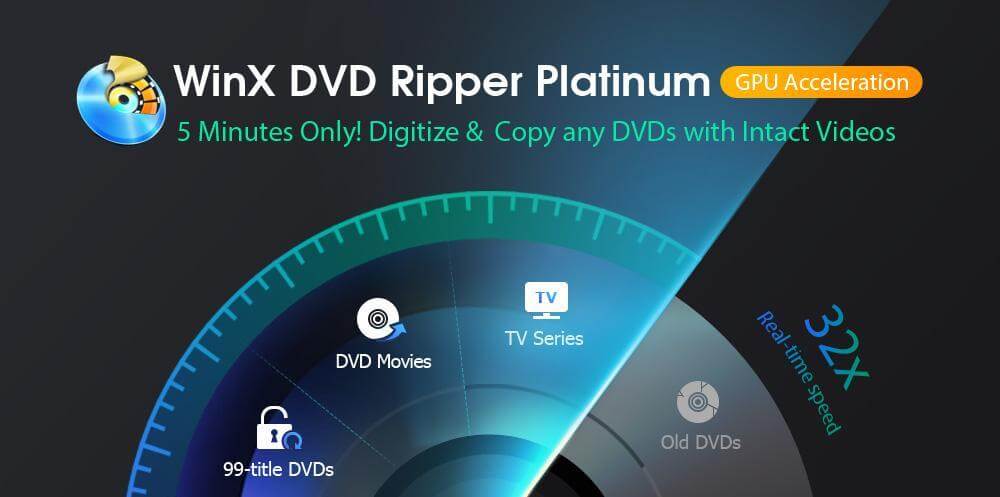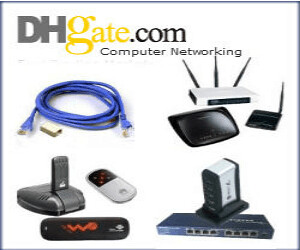Did you know that video conferencing technology was first used in Germany during the 1930s? The technology was later adapted by AT&T in the US, but we had to wait until the late 90’s to see the full potential of video conferencing. Advancements in technology, followed by low-cost, high-capacity broadband telecommunication services with powerful computing processors and video compression techniques enabled this technology to be adopted in various fields. Now, the technology is widely used in business, education, medicine, media and many other industries.
1. No Unnecessary Travels Means less Money Spent

Many companies spend loads of money on travelling to arrange or close business deals. At times this might be truly necessary, but that is not always the case. CEOs now spend less time traveling to their offices in different locations around the world. video conferencing enables them to be more efficient, easily monitor many offices, and stay on top of every development in their companies. Owning a video conferencing system means spending less resources and achieving better results.
2. Monitor people’s body language
Video conferencing allows you to not only hear people speaking, but to see them as well. This is important, as it provides greater insights into the context and subtext of conversations and leads to better decision making.
3. View media at the same time
Perhaps this is the most important revelation of video conferencing. Many people can be part of a video call, and all of them can have access to a document or other media shared on the screen. Many more people can offer ideas and contribute to every development within their company. This, in turn, makes them feel more valued and results in higher productivity.
Yes, video conferencing brings a much needed dimension in all the fields it is applied. At the same time, it has a number of negative aspects which will be stated in the paragraphs below.
The Dark Side of Video Conferencing Devices
1. Price
Without a doubt, this is the number one setback to video conferencing. The cheapest Cisco TelePresence systems costs no less than $6,649.99, while you can purchase the most expensive system for an excessive sum of $35,786.99. High five offers a much cheaper video conferencing solution, which costs $200 per month and supports up to 25 people. These are the only two examples of reliable video conferencing hardware systems that companies can use in their daily operations. Clearly there are opportunities to enter this market.
2. Fast Internet Connection is a must, and there are Still Delays

Invest in a very fast and reliable internet connection and save yourself headaches. Video conferencing is a useful tool, but it’s worthless without a very good internet connection. Even then, there are still issues with communication from very long distances, and delays are frequent. Therefore, know your priorities and get yourself a reliable internet connection.
3. Still it’s limited
Video conferencing devices enable a voice/video conversation from two different locations. I get it, it’s a great tool for collaboration, but people have the tendency to always want more. Customers always look for more from their products and services because we simply seem to live in an era without limits. Take 5 minutes and just think of other features that can be incorporated in such devices.
4. Nothing beats a face-to-face Meeting

Yes it’s true, nothing beats a face-to-face meeting. You get to know a person’s emotions and body language in detail when you meet them in person. On the other hand, nobody can deny the great advantages that video conferencing devices bring. Different time zones are a persistent problem, but if you think there is no solution to this, then you must be forgetting VR. Oops, I just revealed an area that could send the whole concept of video conferencing to a completely different level.
What if I told you, that the ultimate device that will close the collaboration gap is finally here.
Meet HELLO and back them on Kickstarter.




